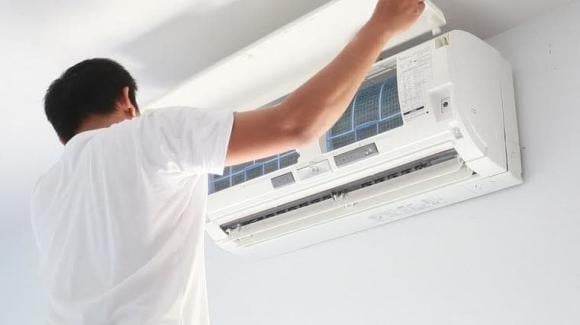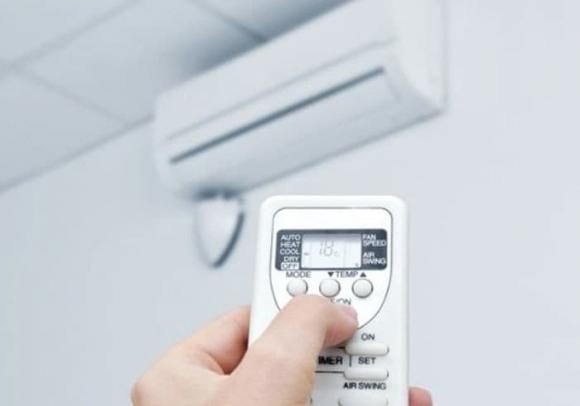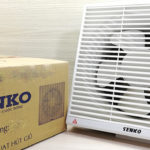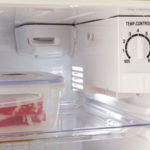Why You Shouldn’t Turn Your Air Conditioner On and Off
During the hot summer months, it’s tempting to keep your home cool and comfortable with an air conditioner. However, improper use of air conditioners can both increase your energy bills and damage your unit.
Many people turn their air conditioners off when they feel cool enough and turn them back on when the room gets warm again, in an attempt to save energy. However, this practice can actually lead to higher energy bills and premature failure of your air conditioner.

Many people turn their air conditioners off when they feel cool enough and turn them back on when the room gets warm again, in an attempt to save energy.
According to HVAC experts, repeatedly turning your air conditioner on and off forces the compressor and fan motor to restart multiple times, increasing energy consumption by up to three times compared to maintaining a consistent temperature in the room.
To save energy and protect your air conditioner, experts recommend setting the thermostat to a constant temperature that is 5-7 degrees Celsius lower than the outside temperature, or maintaining a temperature between 26-28 degrees Celsius for optimal comfort.
If you use your air conditioner heavily (over 8 hours per day), consider investing in an inverter air conditioner to save energy.
Other Common Air Conditioning Mistakes That Waste Energy
Neglecting Regular Maintenance and Cleaning
When dirt and dust accumulate, your air conditioner’s cooling efficiency decreases and energy consumption increases. On the indoor unit, dust can prevent the air conditioner from blowing cool air into the room. On the outdoor unit, dust can clog the fan, preventing proper ventilation, which can lead to breakdowns and fire hazards.
Therefore, to ensure optimal cooling performance, it’s essential to clean both the indoor and outdoor units of your air conditioner regularly.

Therefore, to ensure optimal cooling performance, it’s essential to clean both the indoor and outdoor units of your air conditioner regularly.
Constantly Adjusting the Thermostat
Many people have the misconception that constantly adjusting the thermostat will save energy. In reality,频繁 temperature adjustments only disrupt the normal operation of your unit.
Most modern air conditioners are equipped with sensors to maintain a consistent temperature, preventing it from getting too cold or too warm. Therefore, manual intervention is not only unnecessary but can increase your energy costs and reduce the lifespan of your air conditioner.
Not Using a Ceiling Fan
Many people rarely use a ceiling fan in conjunction with their air conditioner, believing that doing so will waste energy. However, running both appliances simultaneously can actually save energy and reduce the strain and operating time of your air conditioner. The air conditioner generates cool air, while the fan helps to distribute that air evenly throughout the room.
Setting the Air Conditioner to the Lowest Temperature When Entering a Room
In order to cool down quickly, many people set their air conditioner to the lowest temperature, such as 16-18 degrees Celsius, as soon as they enter a room. However, doing so forces the air conditioner to work at a high capacity, resulting in increased energy consumption and potential damage to the unit.
Furthermore, suddenly lowering the temperature can also cause temperature shock to occupants, which can be harmful to their health. Experts recommend setting the air conditioner to a temperature of 26 degrees Celsius or higher.
Buying a Used Air Conditioner to Save Money
Additionally, used air conditioners are more prone to breakdowns and require frequent maintenance, which can also add to the overall cost.
How to Cut Down on Refrigerator Energy Consumption
6 Tips to Consider Before Buying a Ceiling Fan
Are you looking to purchase a ceiling fan for your big space? Learn more about what factors to consider before making the decision with this helpful guide. From enhancing the atmosphere of your room to providing ventilation and circulation, there are plenty of benefits to choosing ceiling fans. Read on to find out more and make an informed decision.
Exploring the Pros and Cons of Sleeping in an Air-Conditioned Room
Is sleeping with an air conditioner a good idea? As concerns over the adverse effects of air conditioning on our health increase, it’s important to understand the risks and rewards of using air conditioning while sleeping. Let’s examine the benefits and drawbacks of sleeping with an air conditioner, and the protective measures one should take.







































